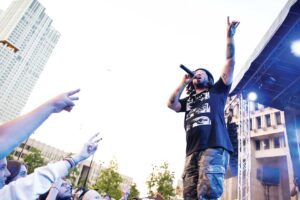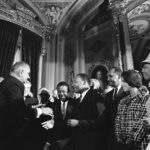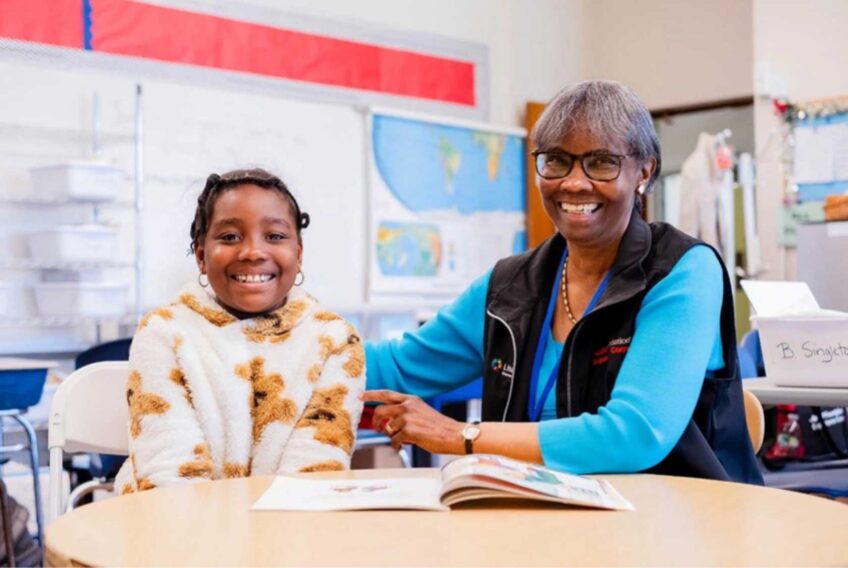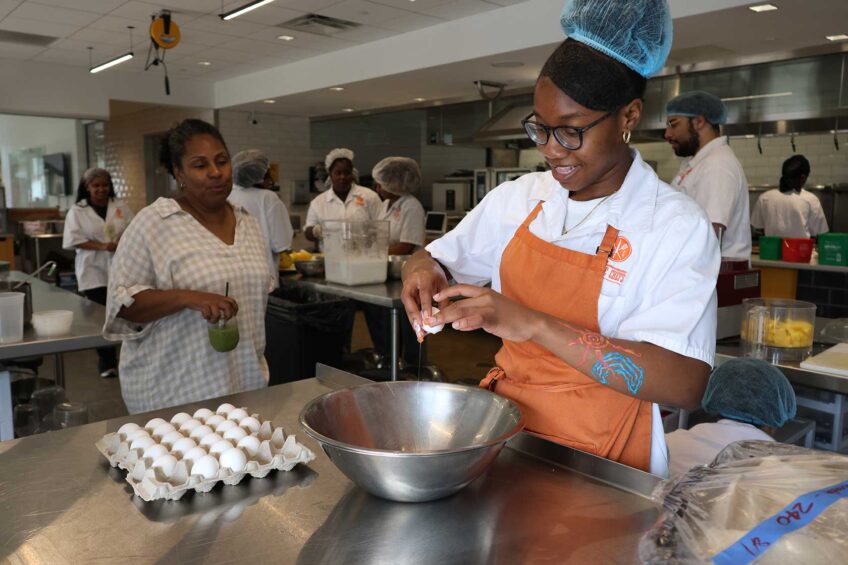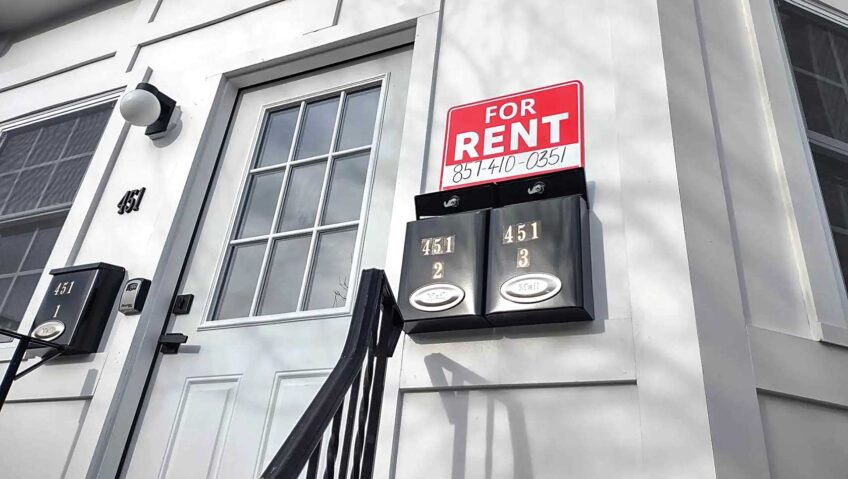Behind this local hip-hop festival is a push to upend stereotypes and eliminate barriers
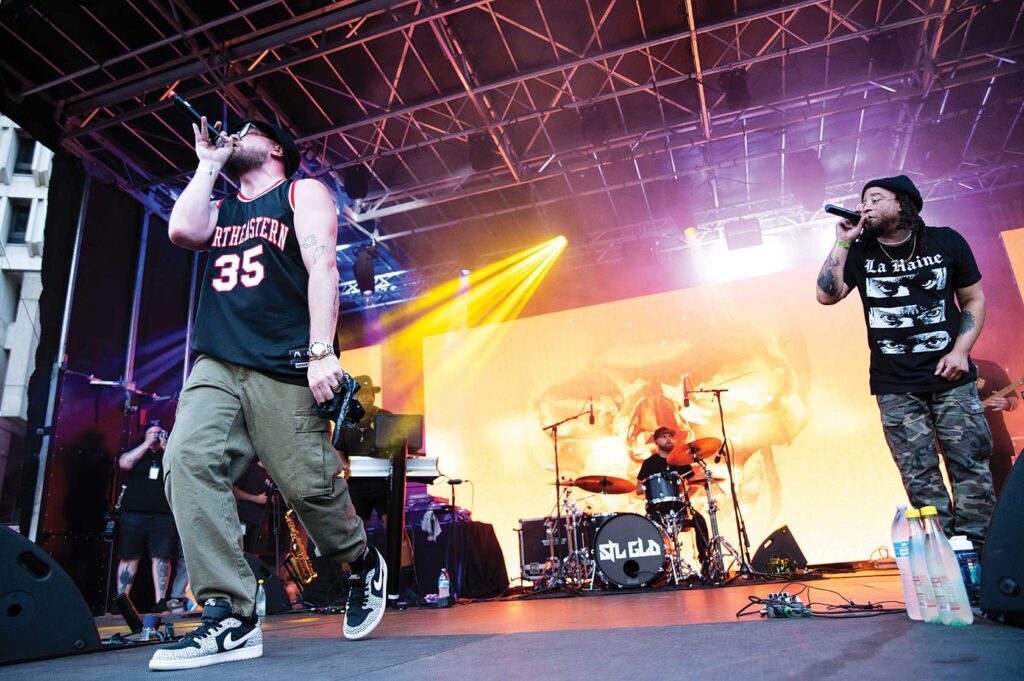
Hip-hop turned 50 last year, and to celebrate the genre’s milestone, Boston’s own STL GLD held a concert downtown in partnership with the city of Boston. The group estimated that the inaugural, free 10-hour event, featuring hip-hop giants like Earthgang and Dead Prez, drew upwards of 2,000 visitors to City Hall Plaza for a fun — and safe — day. It was a success on all counts.
And yet, as STL GLD’s members prepared to bring the festival back for a second year, they ran into obstacles, including trying to secure insurance that would cover a hip-hop event.
“It is an immense undertaking to make this thing happen. … It’s really wild how hard it is to just get something like this or this genre off the ground,” said Janos “The Arcitype” Fulop, one of STL GLD’s members.
He cited hip-hop’s status as an “anti-establishment” and “rebel” art form, along with the stereotypes associated with hip-hop artists as some of the reasons it can be challenging to organize an event like GLD FSTVL. In the face of these hurdles, STL GLD persevered.
“And I think for us, it’s kind of like we’re so determined as a group to create these platforms that that we didn’t necessarily have for ourselves, that we just kind of fight against it and make it happen one way or another.”
GLD FSTVL returns to City Hall Plaza this year with a 12-act lineup headlined by hip-hop icon and Wu-Tang Clan rapper Ghostface Killah and hosted by Melisa Valdez, in-arena host for the Celtics. From noon to 10 p.m. on August 10, the Plaza will come to life with local vendors selling food and wares, and performances by a roster of Boston’s own DJs and hip-hop artists.
Last year’s GLD FSTVL celebrated an industry milestone. This year’s festival hits closer to home, marking the 10th anniversary of the release of STL GLD’s first record. Beyond celebrating that accomplishment and hip-hop’s indelible mark on culture, STL GLD views the festival as a way to take on what Fulop called an “uphill battle.” This involves shifting the perception around hip-hop in a place like Boston — rarely associated with the genre and often seen as a white city — while platforming the city’s local musicians.
GLD FSTVL is an opportunity to show the kind of national talent Boston’s hip-hop scene can attract, Fulop said. Equally as important, he said, is giving homegrown artists a chance to share the stage with big names in the hip-hop game, which can boost their credibility and bolster their resumes.
This year, the local artists on the ticket are Dutch Rebelle, Michael Christmas, Motivate Merren, Cake Swagg, Exit Fame, Clark D, T.H.H.T., Brek.One, DJ DCaso and DJ Troy Frost.
STL GLD acknowledged that its partners, the “village” of people who believe in the group, have played an important role in helping them work toward their goal of breaking barriers within hip-hop. In the past, the group has teamed up with renowned cultural institutions such as the Museum of Fine Arts and the Boston Symphony Orchestra, and now STL GLD is working with Boston’s Office of Arts and Culture, which partially funded the festival via a grant.
The partnership with the city has been “super crucial in advocating for opportunities like this,” said Tim Hall, another one of STL GLD’s members. Bringing more hip-hop to the city “takes individuals who are on that side of it, who are advocating for community programming,” he said.
In turn, the group has committed to changing the way people interact with the genre. Some may be used to frequenting venues with dress codes that bar, for example, durags or oversized shirts — attire associated with hip-hop and Black culture — or venues that charge exorbitant entry fees for hour-long performances, Hall said. GLD FSTVL, a free event where people are welcome to come and go as they please, subverts that stereotypical image.
And for the festival to take place in a high foot traffic area where the quality of artists Boston has to offer is on full display makes it all the better, Hall said.
“The visibility is really validating for people who are part of the hip-hop culture, as well as Black people in this community,” he said. “For it to be in such an open, inviting and visible place, it means something to folks, especially in a time where the pandemic has impacted our connectivity,” he added.
GLD FSTVL’s mission struck a chord with Emmett G. Price III, dean of Africana Studies at Berklee College of Music and Boston Conservatory at Berklee. When STL GLD approached him with their idea to hold a second installment of the festival, he thought to himself, “This is exactly what we want to not only invest in but also help to inspire others to do more, particularly coming out of COVID.”
Now, the Africana Studies Department at Berklee is one of the festival’s sponsors, and Price said he’s “excited” about this year’s partnership and future collaborations.
“There’s a power within hip hop culture that I think is still not appreciated and valued,” he said. “I understand the critics of hip hop who would suggest that there’s a lot of misogyny, there’s a lot of objectification of human bodies, that there’s a lot of glorification of money, guns, cars, etc.,” he added, “but that’s not what this is.”
Price said the city needs more concerts and gatherings like the GLD FSTVL that bring people together and serve as a form of “empowerment, artistry and creativity.”
Boston is not a city short on hip-hop talent, Fulop said. In fact, many people might not know that acclaimed rappers BIA and Joyner Lucas are from the Boston area, hailing from Medford and Worcester respectively. However, both had to leave the Boston area to find success, Fulop emphasized, so, the focus needs to be on cultivating a hip-hop industry in the city that supports up-and-coming artists. GLD FSTVL is a step toward that.
“We’re not New York, we’re not LA, we’re not Miami, and we’re not Atlanta,” he said, “but we’re Boston, and we can do what we do.”

